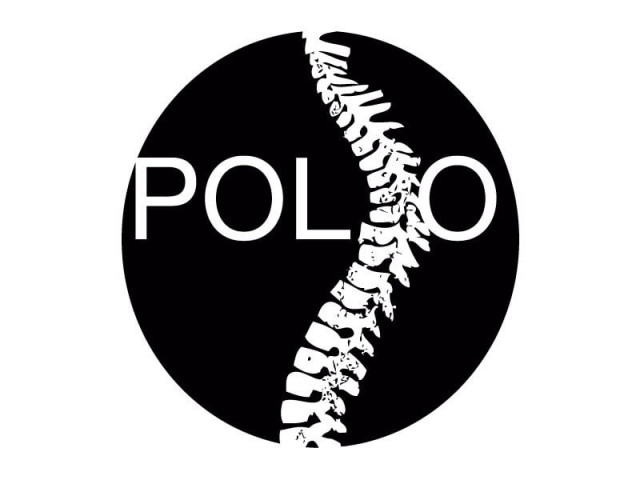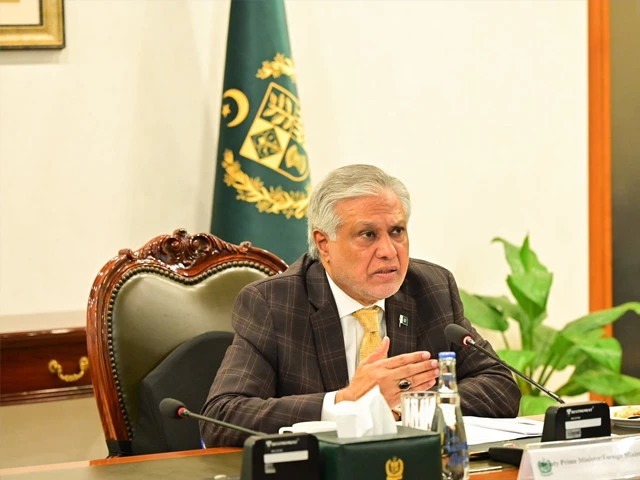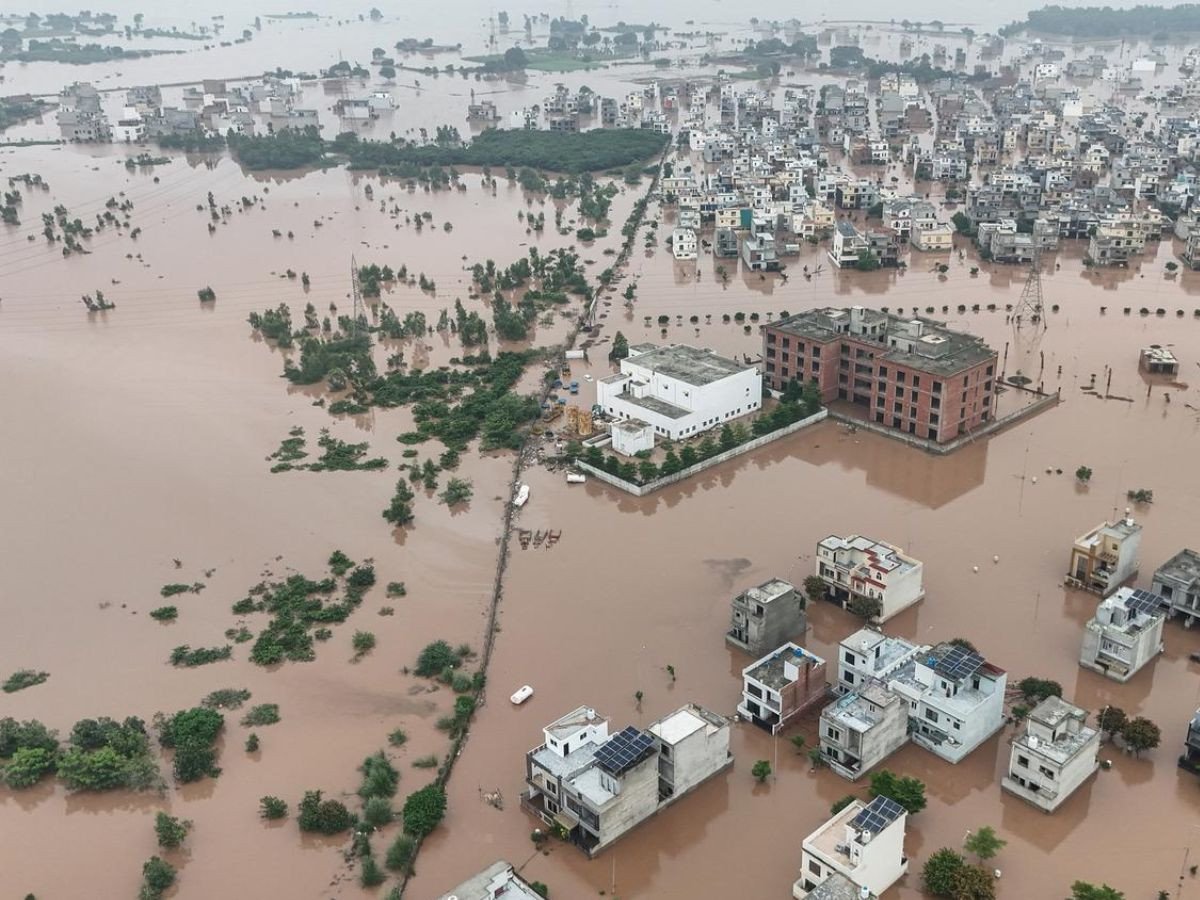Concern Over Poliovirus Detection in Pakistan: What You Need to Know
In a recent alarming update, the National Institutes of Health (NIH) confirmed the presence of poliovirus in 42 out of 117 sewage samples collected from 87 districts across Pakistan in July. This marks a significant point of concern, as the detection rate surged to nearly 36%, compared to 32% in June. Despite ongoing efforts to eradicate the virus, these findings highlight the persistent challenges faced in this battle.
Among the regions tested, Sindh reported the highest cases, with 19 out of 29 samples testing positive. Punjab wasn’t far behind, with 12 of its 27 samples indicating the virus’s presence. The findings underscore the critical need for enhanced public health initiatives and community awareness.
Poliovirus is highly contagious and can lead to paralysis, especially in children. Public health experts urge parents to ensure their children are vaccinated, as this is the most effective way to protect against the disease. Vaccination campaigns are more crucial than ever, especially as the data suggests the virus is still circulating in communities.
It’s essential for everyone, not just health professionals, to engage in conversations about vaccination and health practices. The more informed we are as a community, the better we can tackle issues like poliovirus.
If you’re keen to stay updated on health developments, connect with communities that are dedicated to public well-being. For more information and resources on this topic, check out Pro21st, where health and community welfare come together.
At Pro21st, we believe in sharing updates that matter.
Stay connected for more real conversations, fresh insights, and 21st-century perspectives.





